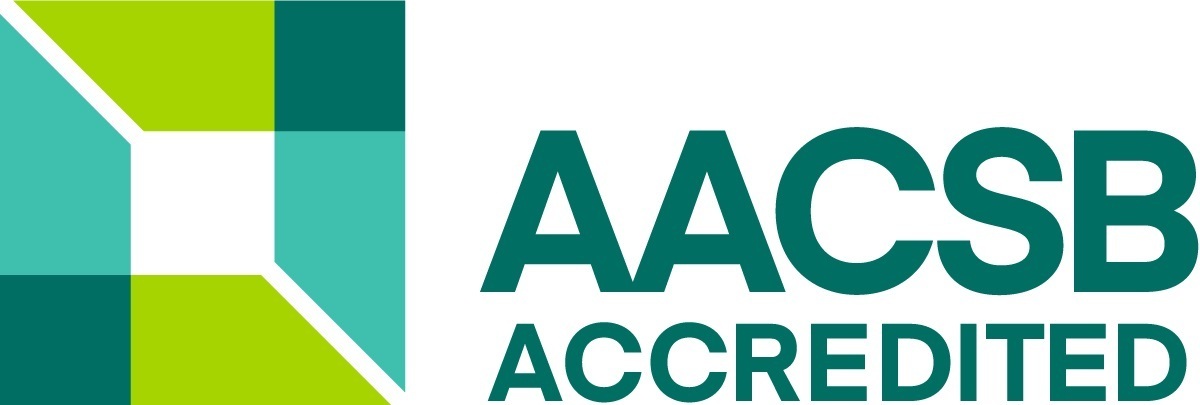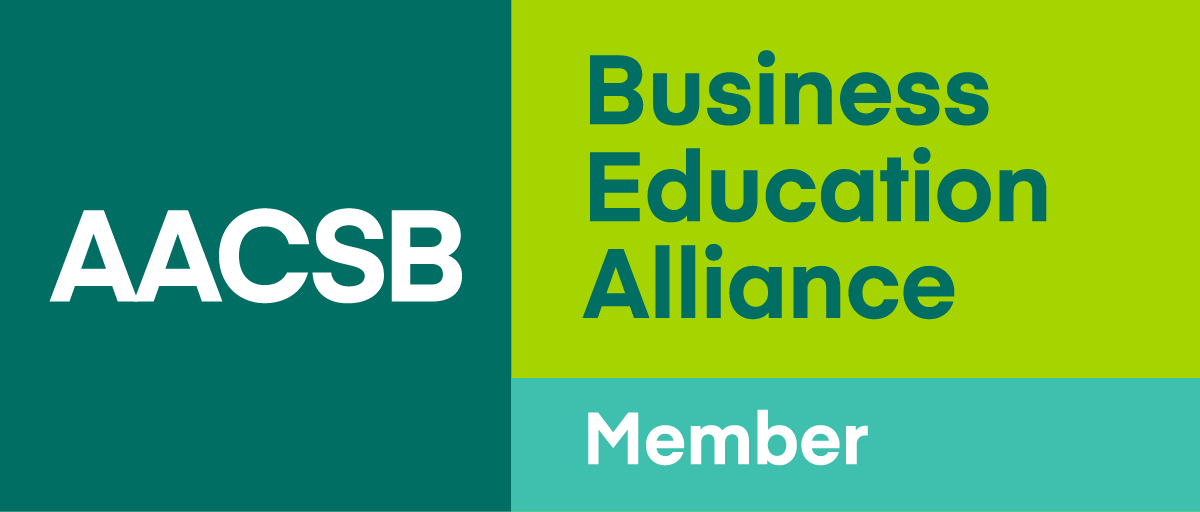SDG

In September 2015, the United Nations released “Transforming our world: the 2030 Agenda for Sustainable Development,” setting out 17 goals for sustainable development and extending them to 169 specific targets and 244 indicators to provide direction for sustainable development to countries, economies, businesses, organizations, and individuals around the world. As human activity always affects the entire natural environment, economy, and society, any action should take into account the balanced development of all three. For example, if we increase agricultural productivity or factory capacity to stop world hunger (Goal 2) but fail to consider water resources (Goal 6) and responsible consumption and production (Goal 12), we may overuse the planet’s resources and cause pollution. Therefore, after considering the complexity of the world, the United Nations has proposed 17 goals covering environmental, economic, and social aspects to avoid the situation of one aspect of development causing an imbalance in the other two.
The SDGs aim to bring together countries and people from all walks of life together to develop and implement action plans to ensure the sustainable development of the environment, people (both present and future generations), and the economy. The College of Management and its departments hope to educate students to raise their awareness and knowledge of environmental sustainability and to take action to fulfill their responsibilities as global citizens.
- References:
- Circulation Taiwan Foundation (October 2018). Toward Taiwan 2030 Sustainable Development. Retrieved June 24, 2020 from: https://www.circular-taiwan.org/sdgs
- Executive Yuan. Taiwan's Sustainable Development Goals.https://ncsd.ndc.gov.tw/Fore/en/Taiwansdg
As an educational institution, the College of Management not only transmits knowledge of business education and cultivates talents, but also communicates and cooperates with internal and external stakeholders (including faculty, staff, students, the public, government, non-profit organizations, etc.) to provide effective suggestions and actions to be taken in the community, industry, academia, and throughout Taiwan and the world to bring about changes conducive to sustainable development. The College is a place that inspires different stakeholders to think and work together to solve sustainability issues, and this is the role it aims to play in SDGs.
If we are to pursue a more sustainable and better society and environment, what are the actions that students in the College of Management can take?
Having established the Office of Responsibility and Sustainability Actions in 2019, the College of Management actively invites departments to take action in their own fields and adopt one or two United Nations Sustainable Development Goals (SDGs) to focus on. But we also hope that our students will share with us what else we can do to bring our faculty, teachers, and students together to create a sustainable society and environment. So go ahead, let us know what you think about ethics, environmental sustainability, social responsibility, and what else we can do for our society and environment! Please fill in the information below and describe your ideas in detail. After evaluation by the College, if your ideas are implemented, we will provide incentive money and may invite you to join our team to implement it together!
SDG Proposal Form Link
In addition to formulating policies related to corporate ethics, social responsibility, and sustainable development, the College also encourages our departments and institutes to actively take actions related to SDGs. Starting in 2019, a consensus was reached at a faculty meeting to have departments and programs choose SDGs to adopt according to their own areas of expertise and interests. From 2020 onwards, the departments and programs have planned relevant actions to address these adopted SDGs in their future teaching, research and service work.




